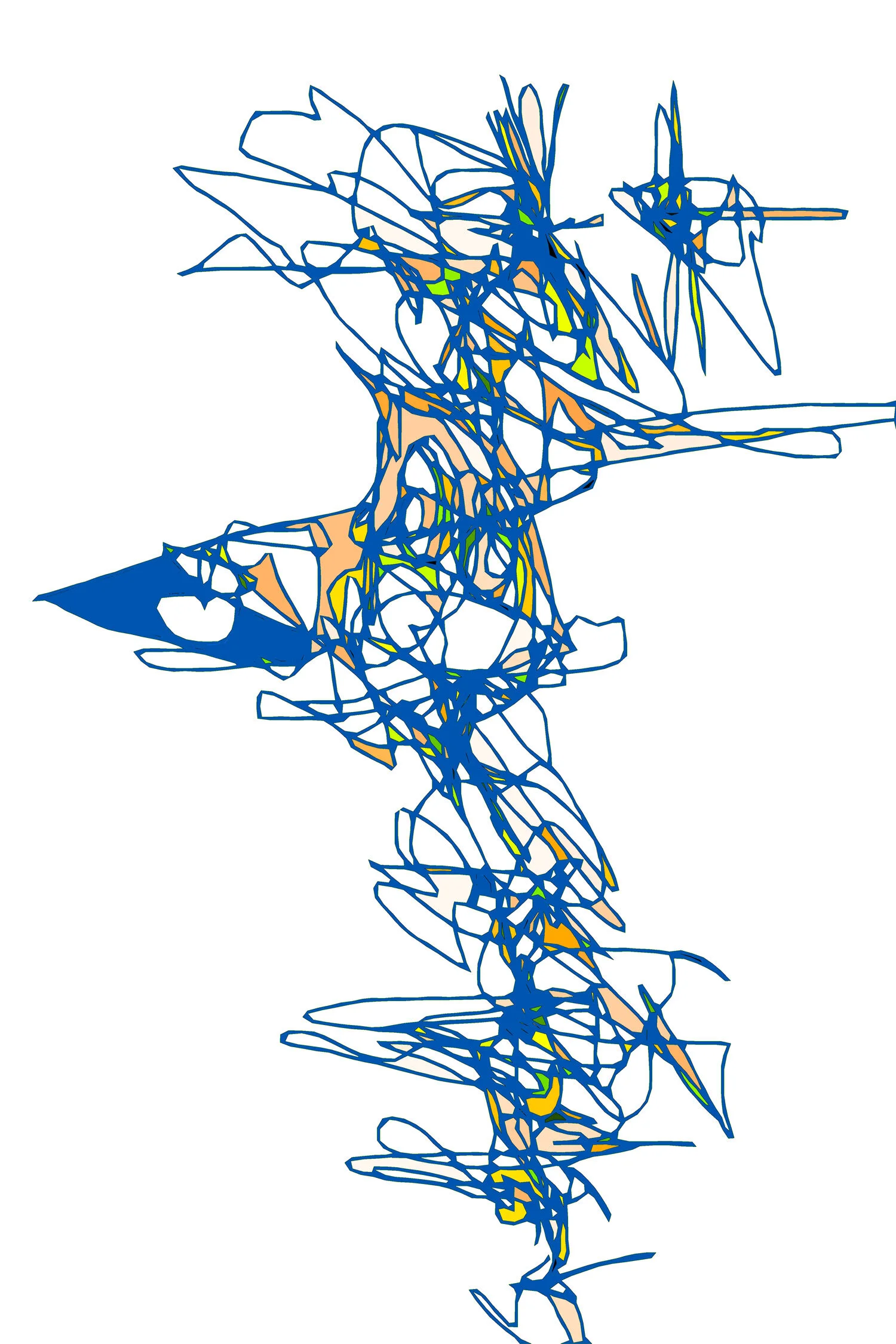Vol. 3, Issue 4: Redefining Relationships
AZE Vol. 3, Issue 4
Lead Editor: Michael Paramo
Contributors: Alice Claudel, Mercy Thokozane Minah, Tinker Norrod, Alex Woods, spacedace, Jo Ross-Barrett, S. Qiouyi Lu, Lavendar, Kat Terban, Camille, Hannah Bevis, Adri Tiesinga, Terka, Joe Nasta, Kate, Alex, Tahlya
Cover Artwork: “Stand” by Michael Paramo
Online Artwork: 17 pieces by Michael Paramo
Date of Publication: April 15th, 2020
Supporters: This journal issue would not be possible without AZE’s supporters on Patreon. A special thank you to Lindsey, Alex Hansen, Caitlin McKenna, Chris Pasillas, and Heidi Samuelson! You can support the journal here.
There exists a social expectation that we should pursue and engage in the formation of a relationship based on an attraction that conforms to white supremacist, ableist, anti-fat, cisheteropatriarchal, allonormative, and amatonormative norms. If someone pursues a relationship which challenges this expectation, isn't in a relationship, or if they express a lack of interest in forming one, they are often perceived as a "failure" or someone to be pitied, regardless of their feelings. This social expectation is inescapable. The agency of the individual to discover and define their own desires and contentment in life is eclipsed, bounded to the expectation that they must form a relationship built on acceptable attraction in order to supposedly live a "fulfilling life."
This expectation is constantly reinforced by social pressures from family, peers, and institutional structures that indirectly and directly encourage us to enter or remain in relationships, even if they confine us to life paths which may not always be healthy, functional, or beneficial to our well-being. As a result of this intense social conditioning, many of us internalize the belief that we must form a relationship to be socially accepted and perceived as living a "successful" life. In reality, being in a relationship does not inherently determine one's quality of life. However, it remains difficult to deconstruct the expectation that we must form relationships based on acceptable attraction to be fulfilled in life amidst external social pressures and internalization. This leads many of us to question, invalidate, and suppress our own feelings in order to meet the expectation.
Not everyone desires a relationship or experiences attraction. The narrative that everyone is seeking a relationship built on attraction isn't true. Relationships themselves do not have to be built on attraction. As a result, social messages must change. Young people should not be conditioned to always envision their futures with a relationship as an essential part of life or as a priority that must be achieved. Parents should not push this social expectation on their children. How relationships are perceived and conditioned then, if they are to be at all, must be redefined. Vol. 3, Issue 4 focuses on the theme of Redefining Relationships through personal essays, poetry, articles, and fiction.





















